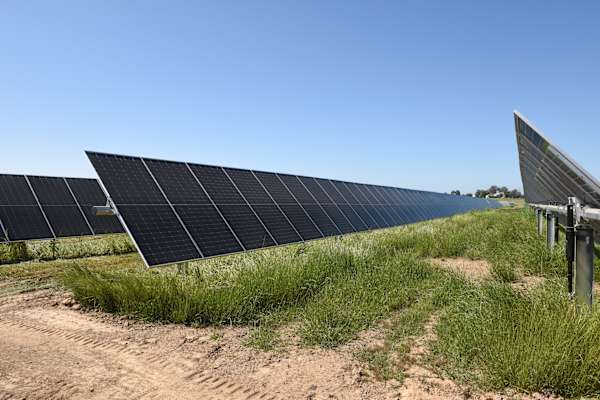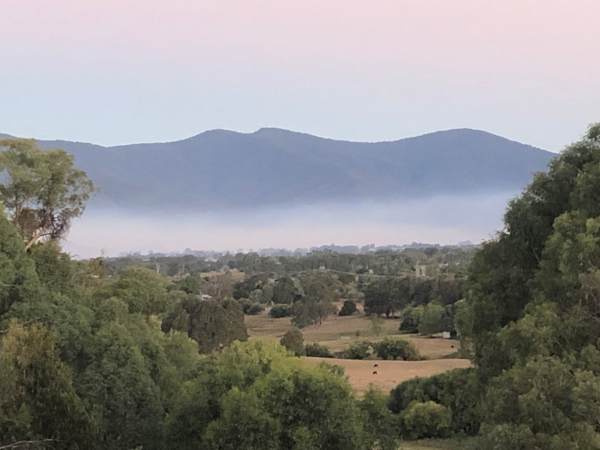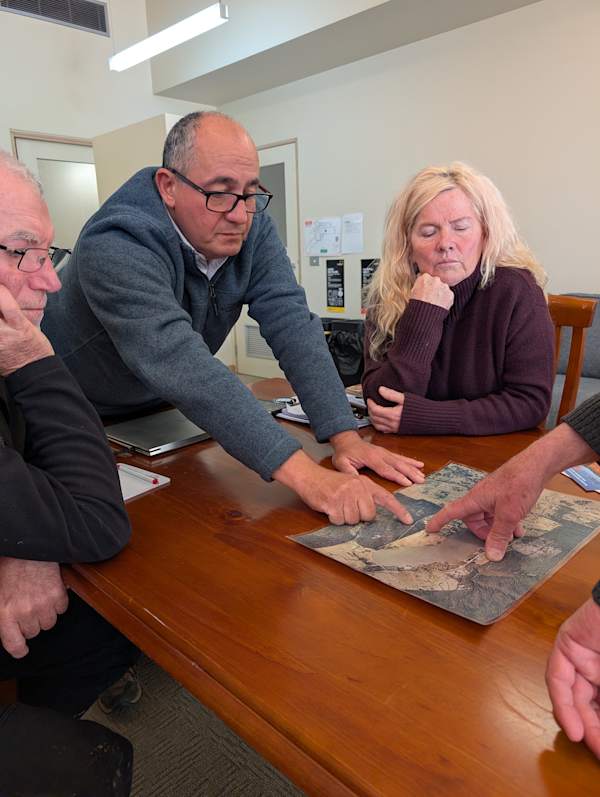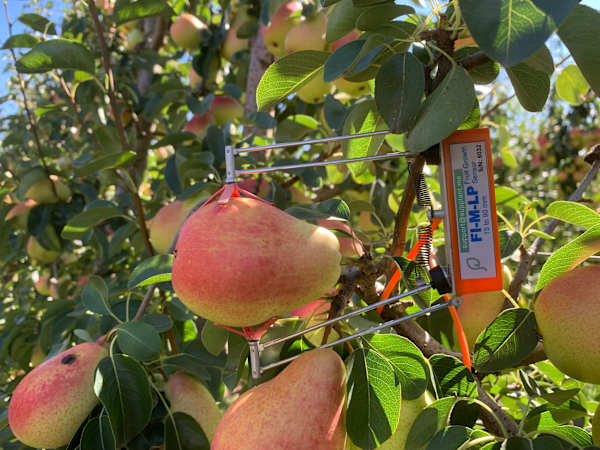Locals say their questions remained unanswered following a recent meeting between representatives of Domaine Chandon Australia (DCA) and concerned landholders over the company's application to Goulburn Murray Water (GMW) to drill a bore at its Whitlands vineyard and potentially extract up to 90 million litres of groundwater to irrigate each year.
About 20 locals attended the meeting on 21 August - with more wanting but unable to attend - having provided questions to Domaine Chandon Australia in advance (as had been requested by them) in the hope of achieving clarity over the company's plans.
Questions were asked about DCA's initial commitment to conduct a hydrogeological study, its current vineyard practices (and why such a significant volume of water was required), whether it was willing to engage in an Environment Effects Statement (EES) community engagement process, and whether it would be willing to pause its application to GMW until the hydrogeological report and a definitive assessment of its own estimated water requirements, were complete.
Whitlands resident and viticulturalist Rachael Croucher said attendees was advised DCA was now in the process of completing a feasibility study to assess the cost of completing a full hydrogeological report, indicating that if it was going to be too expensive, they would look at alternatives.
She said they were told DCA was expecting some information back from its consultants by mid-September.
Latest Stories
"Initial indications are that very little information is available about the Whitlands Plateau aquifers through GMW or any other source, and what we want to know is that if so little information is available, how is GMW justified in granting such large extraction licences?" Ms Croucher said.
"GMW are now in the ‘assessment’ phase of looking at the licence application and the community is concerned that GMW may rubber stamp the approval any day.
"We asked Domaine Chandon if they would contact GMW and ask that the application be paused until the study was completed, but their response was that they didn't see it as being necessary."
Ms Croucher said while DCA estate director Susan Caudry said she was open to having the community involved in the ‘scope’ of a hydrogeological study if they do progress, they will only commit to sharing "what they deemed suitable" with the landholders once any report was complete.
"When I asked if they would request only the volume of water required to meet best practice relevant to that environment (within the sustainable limits of the aquifer, assuming the study is carried out), they skirted the question and are leaving the application as is," she said.
"While they said even if they got the licence approval they would still do the study, they then contradicted themselves by saying if the study was too expensive, they would look at other options.
"The key question - if the necessary hydrogeological study costs more than they intend to spend and the bore licence is granted by GMW, what will they do?"
Ms Croucher said while Domaine Chandon said they were 'looking at other options’ for water, they provided no details.
She said they were reluctant to discuss the vineyards operating practices or their water use, despite having an irrigation control system with software that records water usage.
"They say they just planted another 20 hectares of young vines (which is news to us), hence their push to secure more water," said Ms Croucher.
"The community raised concerns going back to Chandon's operational practices and excess water usage relative to neighbouring vineyards on the plateau.
"The community clearly wants to see this corporation put the rigor into understanding best-practice water management and understanding the limits in how fast they are able to expand their vineyard, and we even offered to assist, given the extensive expertise we have."
"We stressed to them that living here is our way of life and livelihood, and the construction of the bore threatens this."
Ms Croucher said she had asked DCA verbally and in writing "what their Plan B was" for the 20 hectares of young vines if they were unable to secure the extra water, but they would not elaborate further.
Following the meeting with DCA, community members got together to discuss their next steps, deciding that with not a single person on the plateau appearing to be in support of its application, they would continue to press DCA to carry out all reasonable due diligence to ensure the aquifer would be protected for the future of the entire region.
DCA explains its position
DCA estate director Susan Caudry said they had engaged a hydrogeologist to complete a report - as they had promised - which would draw on information currently available from various sources including GMW, and that it was now underway.
She described it as "a fact-gathering exercise" rather than a feasibility study, which will allow them (and the region) to better understand water availability and the dynamics of the geology of the region.
"We are trying to assemble a baseline of information to see what we need to know if we decide to go further, or it might tell us enough information that it's not interesting for us to go further, which is how we explained it to our neighbours at the meeting," she said.
"Since then, the hydrogeologist has compiled some questions for us which we are in the process of distributing to various community members, so they can share their knowledge of the region as well."
Ms Caudry said she would not comment on why DCA had applied for a licence to bore water before completing the report - or on the landholders' request for them to the pause the application to GMW pending its outcome - saying their firm commitment to the community was that their next steps would be informed by the fact-gathering exercise and a conversation with the community.
"We have committed that we will come back when that report is available and we will not only share the relevant findings, but it's our approach as a business to manage the way we work on the (Whitlands) property in an environmentally and economically sustainable manner," she said.
"We made a commitment to the neighbours - we are not confirmed, in any shape or form, that we will drill the bore.
"Our steps will be proposed and discussed with neighbours after we get the hydrogeologist's report."
Ms Caudry said DCA "were farmers" and would make decisions in the most responsible way they could, adding that every person in the business, at every step of the winemaking process, had been tasked with the goal of using less water.
She said they fully appreciated the concerns of the community, and when the report came back, they would share "key information that was relevant to the community."
"We're hoping this report we have commissioned will actually provide new insight and information for the local community as well," Ms Caudry said.














